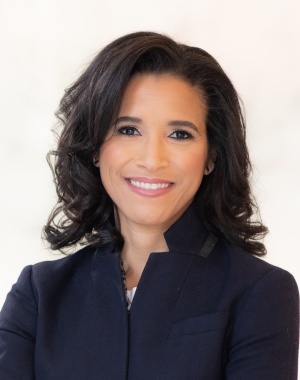
Promoting financial inclusion is a stated political goal in many countries, including among central banks. Central banks address financial inclusion in a variety of ways – through programming, international alliances, and as part of their formal legislative mandates. To this end, the Central Bank of the Future (CBOTF) research project undertaken by the Center on Finance, Law & Policy (CFLP) at the Ford School has released a dataset cataloging 177 central banks financial inclusion mandates from around the world.
CBOTF seeks to understand how the role of a central bank could evolve in the future to enable it to make greater contributions toward financial inclusion. The project considers monetary policy, financial sector supervision, and payments systems, as well as other functions. The project also is meant to identify technologies, processes, or tools that could benefit a central bank in supporting public policy objectives related to inclusion, and consider how other sectors, including the private sector and philanthropy, might have a role to play in supporting the development of those tools.
The dataset lists central banks from around the world, and for each, identifies whether that central bank (a) has a charter, and (b) if so, whether that bank charter contains a mandate requiring the central bank to pursue financial inclusion.
“We are publishing this dataset in the hopes that it will help contribute to a broader international perspective about central banks' mandates for financial inclusion, and perhaps be useful to researchers, policymakers and financial regulators around the world,” says Adrienne Harris, professor of practice at the Ford School and one of the primary investigators of the project.
The data does not attempt to force a reconciled definition of "financial inclusion" across all countries, as the definition of financial inclusion differs globally. Further, this dataset does not capture efforts that a central bank may be making to advance financial inclusion via legislation, sandboxes, pilot projects, or other governance mechanisms.
CFLP research assistants who contributed to the dataset include Avaskhan Assanaliyev, Charmaine Chua, Cole Magoon, Leslie Kan, Megan Kelly, Bryan Ricketts, Safia Sayed, and Michael Xu. CFLP assistant director Christie Baer oversaw the completion of the project.
The work of CBOTF was made possible through the generous support of the Bill & Melinda Gates Foundation. All of the work is open source and was created for the common good. Anyone is free to use, download, modify, or distribute the materials here for any lawful purpose; please credit: University of Michigan Center on Finance, Law & Policy.
Download: New Dataset Of Financial Inclusion Mandates Among Central Banks (Worldwide)
